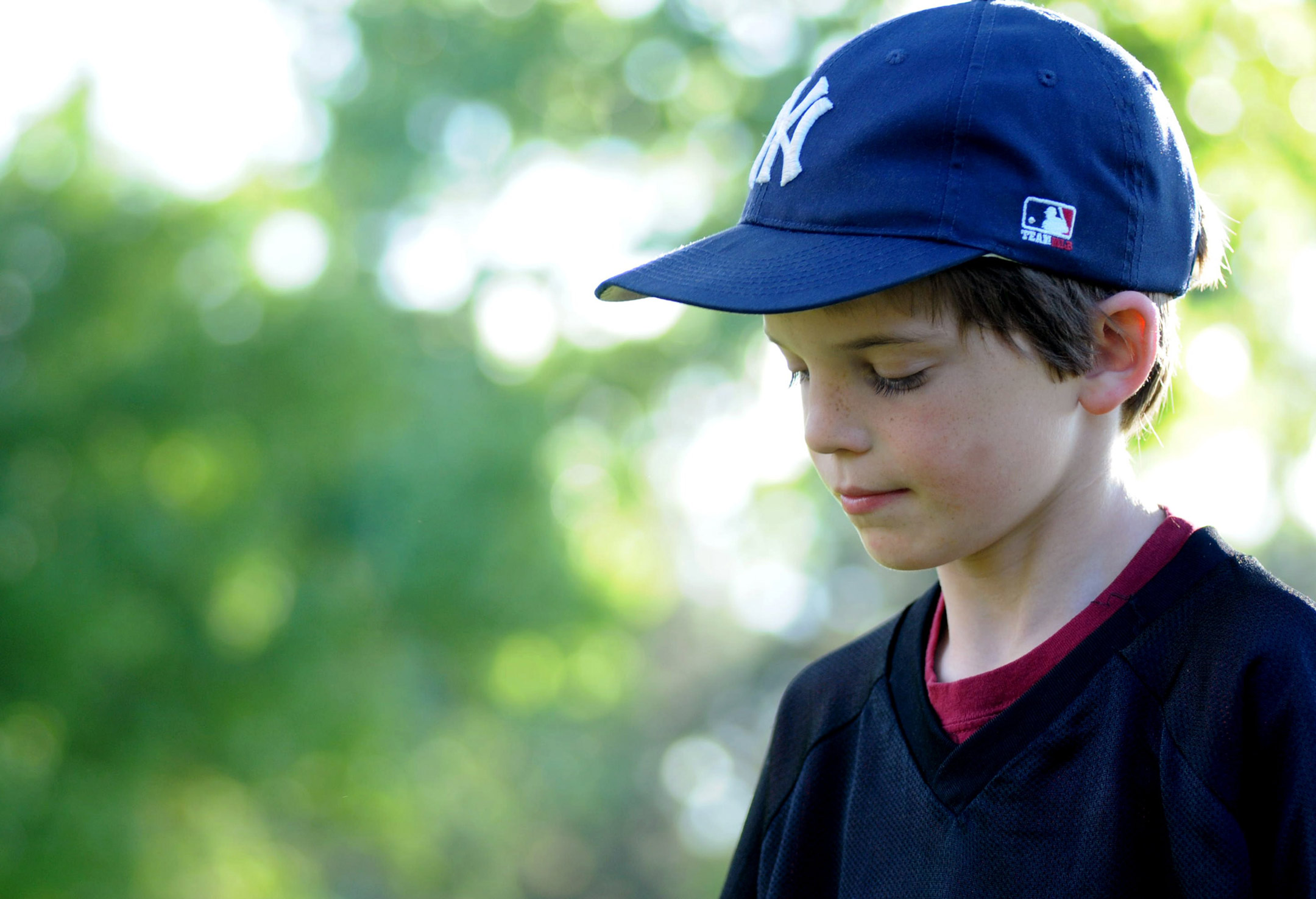
07 Oct How to be alert as you manage trauma in children
Every childhood experience has an impact on the body and mind and some are more lasting and meaningful than others, advises Gail Smith.
Sometimes due to circumstances that may be out of your control as parents, your child may experience severe trauma. This could be because of a divorce in the family, death of a parent or grandparent, an accident and so on. I won’t discuss the nature of the trauma, rather, I’ll discuss how to understand and manage the trauma. Once trauma occurs, a child may have difficulties coping in a range of areas that might surprise parents.
Their brain is busy coping with the experience of trauma and, as such, their ability to learn at a normal pace, socialise effectively and respond to life will generally have its limitations. It’s as though their whole world is dulled.
Sometimes when family trauma occurs, parents can worry about their child’s school performance and inability to show interest in activities that they usually love. It’s quite acceptable to allow children the emotional space to recover from the trauma. We need to accept that performance will naturally drop off for a while. It’s important to let this happen so that your child can recover from the shock and get back their resource slowly. Take care not to place too many expectations on them during this recovery phase.
When a child has such an experience, they need space from what they normally engage in so that they can recover their body and minds demands. I’ve seen children stop reading after a trauma occurs I myself stopped reading at the age of seven when my parents divorced.
Children can also slow down their speech and hear words but not comprehend what is said. I’ve also seen children needing much more sleep, stuttering and losing their skills and interest in formal gains. Younger children sometimes wet the bed. Their resilience to others deteriorates.
This is just a shortlist of how trauma can manifest itself in a child’s behaviour. If this happens to your child, be prepared to allow them the space and the time to process the trauma. Understand that providing a climate where they can simply ‘be’ without pressure is the best healing space for them. With sensitive support and strong nurture, your child will recover.
The brain is an extraordinary muscle. It goes into overload when trauma occurs and shutting down in certain areas is a way for the brain to rest, regroup and prepare to heal. It’s not a time to work on improving performance or increasing the workload to keep up the standard. Most likely, work performance will deteriorate.
For parents, it’s a time to respect and appreciate a child’s recovery time which will vary in length from child to child.
 Gail Smith has almost 30 years experience as a school principal, teacher, qualified counsellor and mother. Whether your child is just starting out in school or already a few years in – this book is a must-read for all parents. Gail addresses key issues in every parent’s day to day life – such as how to talk to your child, the importance of routine and structure, being a role a model, and dealing with bad behaviour.
Gail Smith has almost 30 years experience as a school principal, teacher, qualified counsellor and mother. Whether your child is just starting out in school or already a few years in – this book is a must-read for all parents. Gail addresses key issues in every parent’s day to day life – such as how to talk to your child, the importance of routine and structure, being a role a model, and dealing with bad behaviour.
Her book is available for purchase via her website or Amazon, Booktopia.  More information about Gail and access to her useful parent education blogs can also be obtained via her website www.theprimaryyears.com
More information about Gail and access to her useful parent education blogs can also be obtained via her website www.theprimaryyears.com

